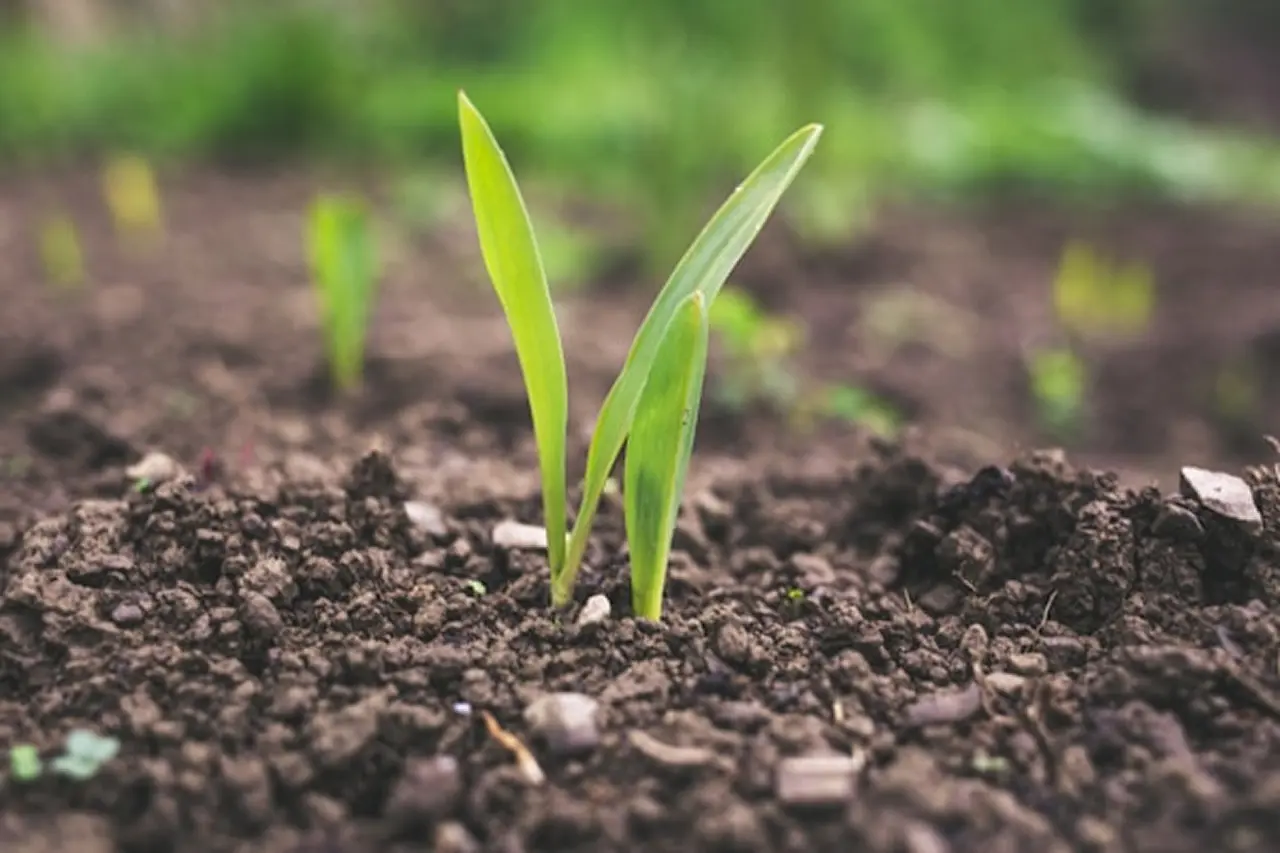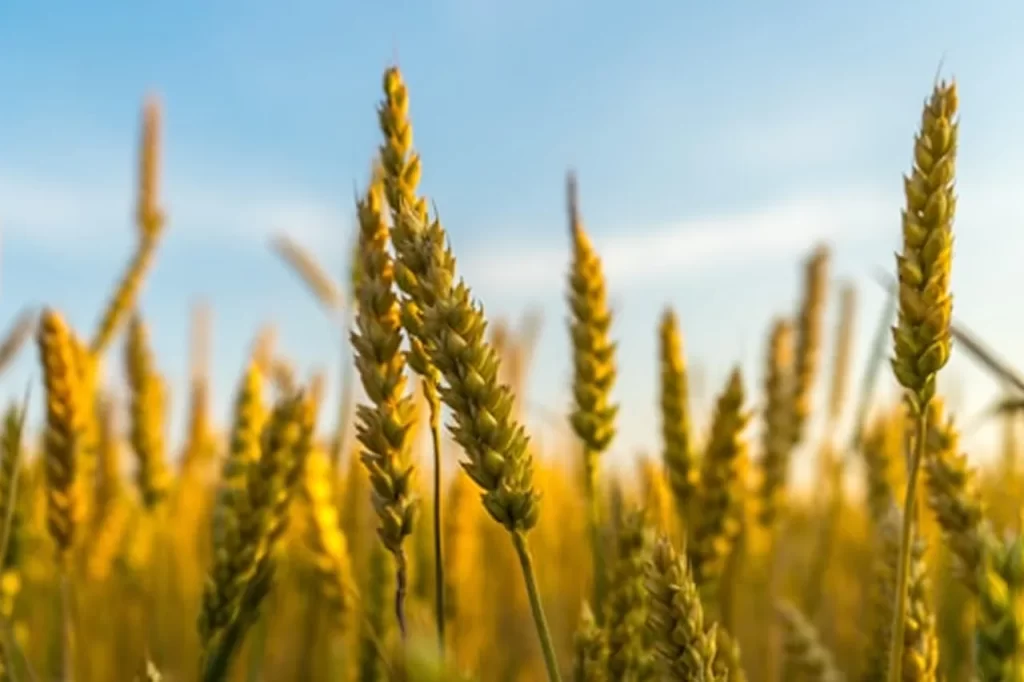Title: Sustainable Fertilizers: Paving the Way for Soil Regeneration and Long-Term Agricultural Health
In recent decades, intensive farming practices have led to a dramatic decline in soil health, impacting crop yields, biodiversity, and the environment. Over-reliance on chemical fertilizers has exacerbated soil degradation, causing issues like nutrient imbalances, soil compaction, and reduced organic matter. As the global demand for food continues to rise, farmers are now turning to sustainable fertilizers to promote soil regeneration, improve agricultural productivity, and protect the environment for future generations.
What Are Sustainable Fertilizers?
Sustainable fertilizers are organic or naturally derived substances that enhance soil health and fertility while minimizing harm to the environment. Unlike synthetic fertilizers, which can cause nutrient runoff, soil acidity, and long-term degradation, sustainable fertilizers aim to restore and maintain the natural balance of soil ecosystems. These fertilizers can be derived from various sources, such as compost, animal manure, cover crops, and plant-based materials.
Why Soil Regeneration Matters
Soil regeneration is essential for the long-term viability of agriculture. Healthy soil supports plant growth, maintains nutrient cycles, and stores carbon, contributing to climate change mitigation. Over time, soil degradation leads to reduced water retention, lower fertility, and weaker crop yields, making it increasingly difficult to feed the growing population. Regenerating soil through sustainable practices ensures that soil remains a vital resource for generations to come.
Key Benefits of Sustainable Fertilizers for Soil Regeneration
1. Improved Soil Structure and Health
Sustainable fertilizers, especially organic ones, promote better soil structure by increasing organic matter and improving water infiltration. Healthy soil with good structure can hold moisture more effectively, reducing the need for excessive irrigation, which is especially important in drought-prone areas.
2. Increased Microbial Activity
Organic fertilizers nourish soil microbes, including bacteria, fungi, and earthworms, which play a vital role in breaking down organic matter and releasing nutrients in forms that plants can absorb. A thriving microbial community improves soil fertility, disease resistance, and nutrient cycling.
3. Enhanced Nutrient Retention
Sustainable fertilizers often contain slow-release nutrients that feed plants over time, preventing nutrient leaching and ensuring that nutrients remain in the soil. This helps to maintain long-term soil fertility while preventing environmental pollution.
4. Reduced Dependency on Synthetic Inputs
By using sustainable fertilizers, farmers can reduce their reliance on synthetic fertilizers, which often lead to soil acidification, nutrient imbalances, and water pollution. Sustainable practices promote a circular approach to agriculture, where organic waste and residues are returned to the soil, improving its health and reducing the need for external inputs.
5. Restoration of Soil Carbon
Sustainable fertilizers, particularly compost and biochar, contribute to the restoration of soil carbon. By increasing organic matter and enhancing microbial activity, these fertilizers help sequester carbon in the soil, reducing greenhouse gas emissions and contributing to climate change mitigation efforts.
Types of Sustainable Fertilizers for Soil Regeneration
There are several types of sustainable fertilizers that support soil regeneration:
• Compost
Decomposed organic matter from plant and animal waste, compost enriches the soil with essential nutrients and enhances soil structure. It’s one of the most widely used sustainable fertilizers, as it improves both soil fertility and microbial activity.
• Animal Manure
Animal manure is a rich source of nitrogen, phosphorus, and potassium, which are essential for plant growth. Properly composted manure is safe to use and can significantly improve soil quality and structure.
• Cover Crops
Growing cover crops like legumes and grasses between main crop cycles is a natural way to enhance soil fertility. These crops fix nitrogen in the soil, prevent erosion, and improve soil structure by adding organic matter when they decompose.
• Biochar
Biochar is a form of charcoal created from organic materials like wood, straw, and manure. It improves soil structure, water retention, and nutrient availability, while also sequestering carbon and reducing greenhouse gas emissions.
• Fish Emulsion and Seaweed Extracts
Fish emulsion and seaweed extracts are organic liquid fertilizers that provide a wide range of micronutrients, trace elements, and growth hormones that stimulate plant growth, improve soil microbial activity, and boost overall soil health.
The Role of Sustainable Fertilizers in Regenerative Agriculture
Regenerative agriculture goes beyond sustainability by focusing on restoring soil health, increasing biodiversity, and enhancing ecosystem resilience. Sustainable fertilizers play a pivotal role in regenerative farming systems by promoting practices that rebuild and preserve soil fertility. This approach not only improves soil quality but also increases farm productivity and resilience to climate change.
Farmers who adopt regenerative practices using sustainable fertilizers often see improved yields, reduced input costs, and healthier ecosystems. Moreover, these practices help combat soil erosion, restore water cycles, and reduce the need for harmful chemical inputs, all of which contribute to more sustainable and profitable farming.
The Future of Soil Regeneration and Sustainable Fertilizers
The future of agriculture depends on the health of our soils. As farmers, researchers, and policymakers continue to explore new ways to regenerate soil and improve agricultural practices, sustainable fertilizers will play an increasingly critical role. The focus will be on developing more targeted and efficient fertilizers that can address specific soil health issues, further enhance plant growth, and minimize environmental impacts.
Adopting sustainable fertilizers and regenerative practices is no longer a choice but a necessity for the future of agriculture. By improving soil health, increasing biodiversity, and reducing the environmental footprint of farming, these practices ensure that we can continue to grow food sustainably for a growing global population.
Conclusion
Sustainable fertilizers are a key component of soil regeneration, helping to rebuild and maintain soil health while reducing the negative impacts of traditional farming methods. By improving soil structure, increasing microbial activity, and enhancing nutrient retention, these fertilizers contribute to long-term agricultural productivity and environmental sustainability. As the demand for healthier, more sustainable farming practices grows, the role of sustainable fertilizers in soil regeneration will become even more crucial for the future of agriculture.




